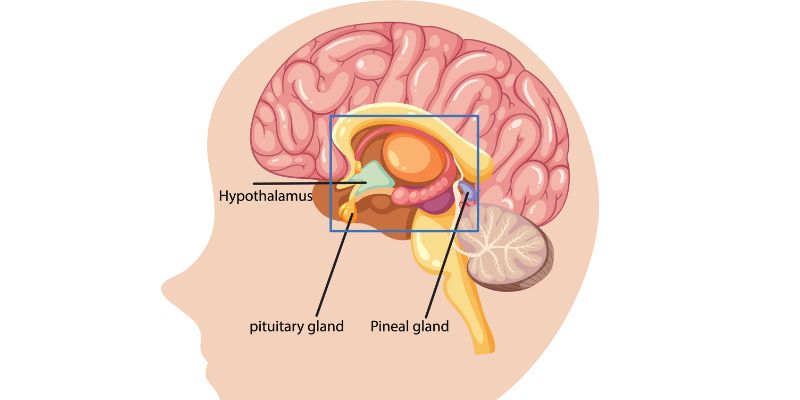Myopiaalso known as nearsightednessis becoming more widespread among children in the digital era. This visual problem causes far-off things to seem fuzzy, which can influence their performance in the classroom and enjoyment of outdoor pursuits. The increase in myopia as screens replace outdoor play has worried parents nationwide. The good thing is that early identification and appropriate therapy can make a big impact.
Parents trying to preserve their children's vision must first understand the origins, symptoms, and available treatments. Early intervention will allow your child to preserve good vision and a better future. This guide will walk you through all you need to know about myopia in children, enabling you to make wise decisions for your child's eye health. Working together, we can ensure your child's vision stays sharp and clear regardless of life's path.

Myopia is when the cornea is overly bent, or the eyeball is too lengthy. This results in light entering the eye, focusing not on the retina but in front of it. Children's myopia can develop for several reasons. Genes are a big influence. If one or both of the parents have myopia, their child is more likely to acquire it. Children whose parents have myopic tendencies are more likely to get the disorder, according to studies. Children's time spent on nearby activities like reading or digital gadgets is also crucial.
Extended close-up work can cause eye strain and maybe myopia. Furthermore, insufficient time spent outside has been connected to a greater risk of myopia in children. Healthy eye development is supposed to be maintained in part by sunlight exposure. Other contributing elements include inadequate reading habitssuch as reading in low light or holding reading materials too near to the eyesand bad lighting circumstances. These actions could strain the eyes excessively and raise myopia risk.
Youngsters with myopia may show numerous symptoms suggesting trouble seeing far-off objects. These are some typical symptoms to be on the lookout for:

Usually, an eye doctor's thorough exam helps to identify myopia. During the checkup, the doctor uses several unique tests to evaluate the child's vision. To find how well the youngster sees, one often uses a popular test whereby they read letters or symbols from a chart set at varying distances. Apart from myopia testing, the eye doctor will assess the general state of the eyes to exclude any other visual issues.
Early identification is vital since untreated myopia can progress over time and cause more serious visual problems in later life. If their parents observe any symptoms of visual issues, children should receive their first eye test either at age three or sooner. Childhood should be spent monitoring eye health and catching any changes in vision through regular eye exams. Early diagnosis and therapy can greatly enhance results for children with myopia, guaranteeing their continued clear and healthy vision.
Children's myopia can be managed with several treatment choices. The most often used techniques are listed here:
Although myopia in children is a rising issue, it can be reasonably controlled with early identification and appropriate therapy. Knowing the reasons, symptoms, and accessible therapies helps parents be proactive about their child's eye condition. Clear vision can be maintained, and myopia progression can be stopped with regular eye exams, lifestyle changes, and suitable interventions, including contact lenses, glasses, or atropine drops. Parents can help their children have a bright future with crisp, clear vision by encouraging good eye practices and guaranteeing timely care. Working together, we can safeguard and advance the visual health of our kids.

By Isabella Moss/Jan 15, 2025

By Jennifer Redmond/Jan 07, 2025

By Kristina Cappetta/Oct 22, 2024

By Juliana Daniel/Oct 24, 2024

By Elena Davis/Jan 07, 2025

By Christin Shatzman/Apr 15, 2025

By Verna Wesley/Oct 27, 2024

By Elva Flynn/Feb 28, 2025

By Pamela Andrew/Dec 17, 2024

By Celia Shatzman/Apr 01, 2025

By Nancy Miller/Jan 15, 2025

By Isabella Moss/Apr 01, 2025